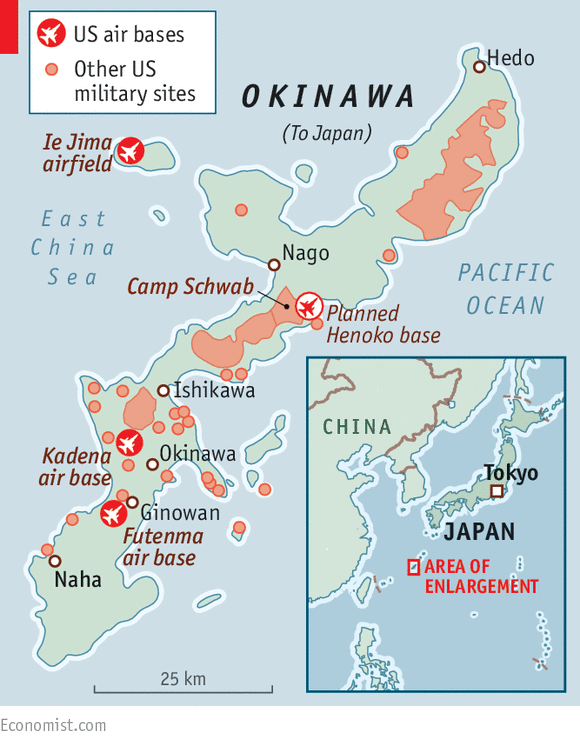Iran Nuclear Deal: Toward Trustworthy Fulfillment Without Regressing
The main part of the deal is that Iran will restrict nuclear development activities, such as uranium enrichment, for 10 to 15 years. Once the International Atomic Energy Agency confirms that Iran has taken appropriate measures, the West will remove nuclear-related economic sanctions. Should Iran violate this agreement, the sanctions will be re-invoked. Western powers can ensure that use of uranium enrichment on nuclear power is restricted to a certain amount. Furthermore, the agreement shows that Western powers want to increase transparency through international surveillance.
Negotiations were delayed in 1979 when diplomatic relations were severed between Iran, which had recently had a revolution, and the United States, its longtime foe. Dialogue began immediately in 2013 when the moderate Rouhani administration was elected in Iran.
Suspicion over nuclear development has increased tension in the Middle East, casting a shadow of unease over the world. This deal is meant to avoid the risk of a new Middle Eastern country obtaining nuclear weapons for an extended period of time. There is also meaning in the fact that this initiative on nuclear nonproliferation was realized not through military power but through dialogue.
President Obama wishes to leave a strong, diplomatic legacy, while President Rouhani most certainly wishes to lift the economic sanctions tormenting his people and continue his moderate stance within his country. The coincidence of both their thoughts must have helped to push this historic deal.
These results come as incredibly happy news to Japan, which depends on the crude oil found in the Persian Gulf. Let us look forward to a stable supply of energy, the return of Iranian businesses to the marketplace and more.
From here on, the focus will be on fulfilling the deal, but we cannot be optimistic about the future. It will encounter bottlenecks, casting doubt on its strength.
The deal will be examined by the U.S. Congress, but there are many members of the opposition Republican Party in both the Senate and the House of Representatives who disapprove of the decision and aim to overturn it. While keeping an eye on the presidential elections next November in hopes of retaking the office, they have launched criticism, such as “[the agreement has paved] the way for a nuclear Iran,” and are keeping the Obama administration in check.
President Obama took a defiant stance with his right to veto. He was only able to gather votes to overturn the agreement from the Republicans, which must be difficult for him, but there will most likely be chaos if the removal of the sanctions is delayed. Should that happen, I am worried the diehards in Iran will only grow louder and lead to the crumbling of the deal.
Israel and Saudi Arabia are both wary about Iran’s increasing strength, and have wondered if “this agreement can be kept,” which shows their growing distrust. We cannot deny the risk of a military attack or a nuclear arms race.
If we cannot solve each of these questions, this historic deal will come to nothing. Iran needs only to fulfill its part with sincerity and make sure it understands how important it is to earn the trust of the international community. I would like for the six countries that participated in the deal to go beyond their role and make an effort to verify terms of the agreement and support Iran. Regression will not be forgiven — no matter what.


